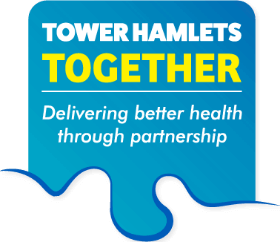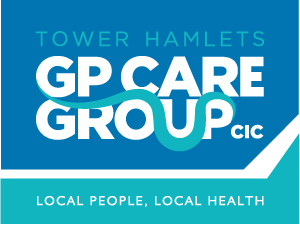(mainly healthy adults)
- Home >
- The Challenge >
- Living Well
The Living Well workstream works with the adult population that is mainly healthy, with minimal and relatively straightforward interaction with health and care services. Some of these people may be accumulating high risk for future health issues or experiencing relatively low complexity issues. The Living Well workstream is focusing on reducing the Vital 5 risks that contribute the largest amount to inequalities in health; and on reducing the risks of cardiovascular, diabetes, and respiratory conditions.

The health needs of this population relate particularly to primary and secondary prevention (i.e. preventing the onset of illness or preventing progression of long-term conditions) as well as management of self-limiting conditions (e.g. mild infectious disease, low-level musculoskeletal issues, common mental health issues, diabetes, and cardiovascular disease.
Living Well - 2025/26 Priorities
Pillar 1: Linking better to enable residents to access support around underlying factors that drive poor health
Pillar 2: Community-centred prevention and health promotion to enable people to live healthily
Pillar 3: Detection of Vital 5 risks and enabling self-care to reduce the risks that cause poor health
Pillar 4: Active management and secondary prevention for those with identified clinical risks & diseases
Relevant characteristics of the Tower Hamlets Living Well population include:
Demography (mobility, young population, ethnicity), lower healthy life expectancy, high deprivation, poorer diet, higher smoking prevalence, higher levels of sexually transmitted infections, higher HIV prevalence, higher levels of substance misuse (including problem drinking in those who drink alcohol) lower screening uptake and a higher burden of common mental health issues, diabetes and cardiovascular disease.
Living Well Priorities 2025/26
Tower Hamlets Strategy for Long-Term Condition Prevention: Vital 5








